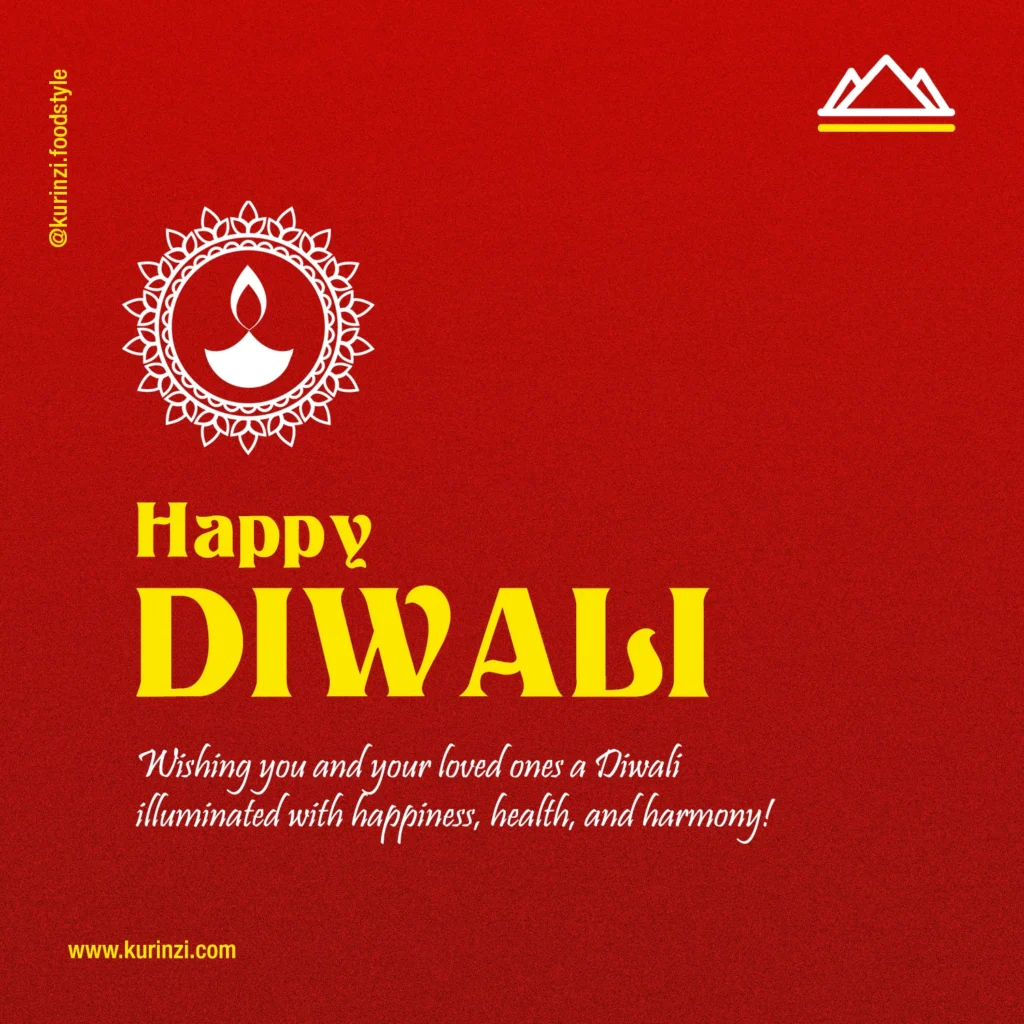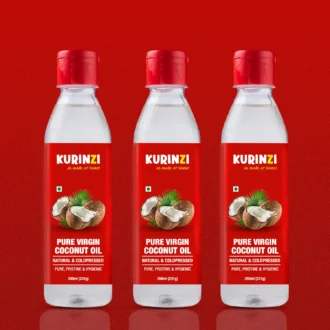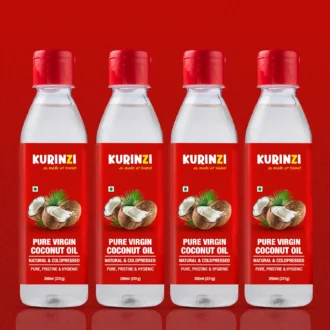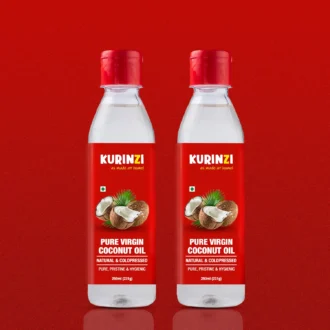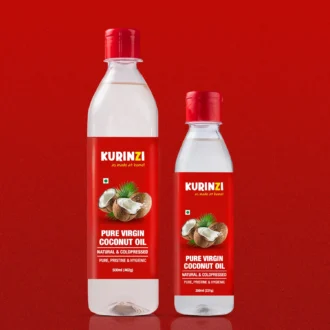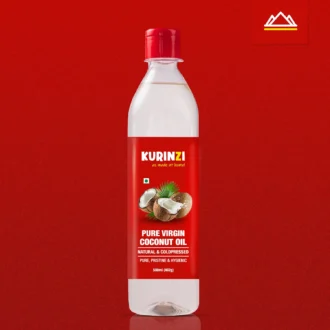Greetings & Wishes
Wish you all a very happy Diwali
Wishing you and your loved ones a Diwali illuminated with happiness, health and harmony!
Diwali, also known as Deepavali, is one of the most widely celebrated festivals in India and by Indian communities around the world. It is often referred to as the “Festival of Lights” because it symbolizes the victory of light over darkness and good over evil. Diwali typically lasts for five days and usually falls in October or November, depending on the Hindu lunar calendar.
Here are some key aspects and traditions associated with Diwali:
Spiritual Significance: Diwali has religious significance in various Indian religions, including Hinduism, Jainism, and Sikhism. For Hindus, it commemorates the return of Lord Rama, along with his wife Sita and brother Lakshmana, from their 14-year exile and the defeat of the demon king Ravana. In Jainism, it marks the attainment of nirvana by Lord Mahavira. For Sikhs, it’s a time to celebrate Bandi Chhor Divas, which marks the release of Guru Hargobind Ji, the sixth Sikh Guru, along with 52 Rajput Kings held captive by Mughal Emperor Jahangir.
Festival of Lights: The most prominent feature of Diwali is the lighting of lamps, candles, and colorful lanterns. Houses, streets, and public places are illuminated with oil lamps or electric lights to symbolize the triumph of light over darkness.
Rangoli: People create intricate and colorful designs, known as rangoli, on the floors of their homes or courtyards using colored powders, rice, or flower petals. These designs are both decorative and symbolic.
Fireworks and Firecrackers: Diwali is also known for its vibrant fireworks displays. People burst firecrackers to celebrate the victory of good over evil and to drive away evil spirits.
Prayers and Worship: Families typically begin the day with prayers and visit temples to seek blessings from deities. Special prayers and pujas are offered, and many people perform the Lakshmi Puja, a worship of the goddess of wealth and prosperity, seeking her blessings for a prosperous year ahead.
New Clothes and Gifts: It is customary to wear new clothes and exchange gifts during Diwali. Families and friends visit each other and exchange sweets and presents as a sign of love and goodwill.
Feasting: Delicious sweets and traditional Indian dishes are prepared and shared with family and friends. Diwali is a time for feasting and enjoying special treats.
Cleaning and Decoration: Homes are thoroughly cleaned and decorated with colorful decorations and flower garlands to welcome the goddess Lakshmi and ensure a clean and auspicious environment.
Community and Cultural Activities: In addition to individual celebrations, many communities and organizations host cultural events, plays, and performances during Diwali to promote cultural awareness and unity.
Diverse Celebrations: Diwali is celebrated by various communities and religions in India and beyond, including Hindus, Jains, Sikhs, and Buddhists, each with their own unique customs and traditions.
Diwali is a time of joy, unity, and renewal, and it is one of the most anticipated and cherished festivals in India, bringing people together to celebrate the triumph of light and the values of love, compassion, and goodness.
Posted on: Instagram
You May Be Also Interested in
Have you ever tried cooking with Virgin Coconut Oil?
Crucial Insights on Trans Fats:Exploring Sources, Health Risks, and the Nutritional Edge of Kurinzi’s Virgin Coconut Oil

